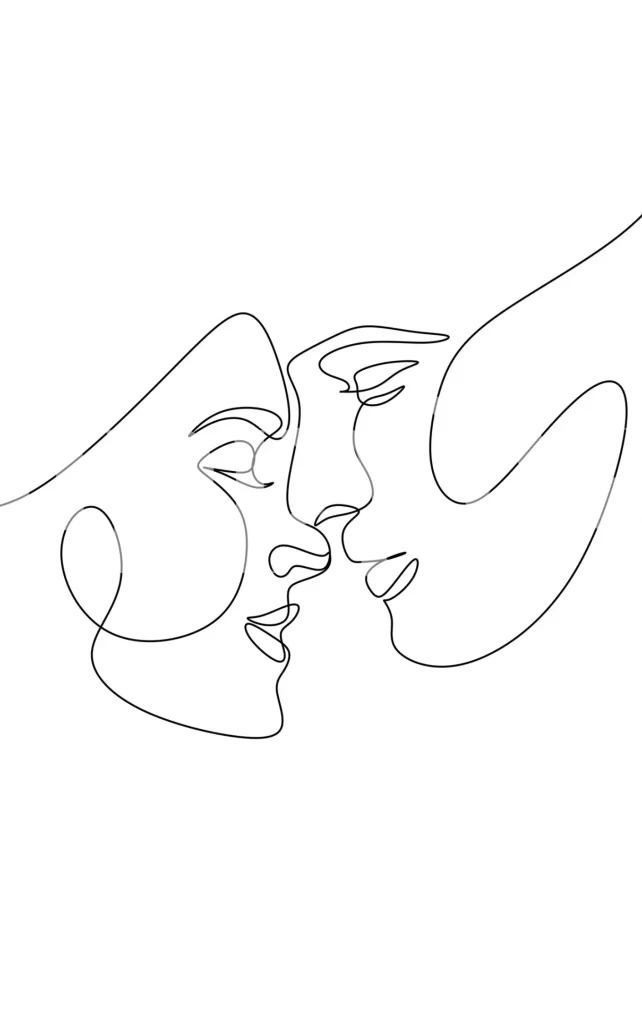Setting emotional boundaries is one of the most empowering things you can do for yourself, especially when you’re healing from emotional pain. The limites emocionais para proteger o coração—emotional boundaries to protect your heart—are vital for maintaining your emotional health, especially after a challenging relationship or life event. After my divorce, I learned the importance of setting clear emotional boundaries to protect myself from further heartbreak and pain. In this article, I’ll share 7 essential tips to help you establish healthy emotional boundaries that will safeguard your heart and well-being.
1. Recognize Your Emotional Needs and Limits
The first step in setting emotional boundaries is recognizing your own emotional needs. You must be aware of what makes you feel safe, valued, and loved in your relationships. Dr. Henry Cloud, a renowned psychologist and author of Boundaries, emphasizes that understanding your own limits is essential before you can communicate them to others. After my divorce, I had to take time to reflect on what I needed emotionally—what made me feel respected and what caused me stress. This process of self-reflection helped me set the foundation for healthy boundaries and self-protection.
2. Learn to Say “No” Without Guilt
Saying “no” can be challenging, especially when you want to avoid conflict or fear letting others down. However, setting clear emotional boundaries requires the courage to say no when something or someone is draining your energy. I remember feeling guilty for saying no to certain people after my divorce, but I learned that protecting my emotional well-being was far more important than pleasing others. Dr. Susan Albers, a psychologist and mindfulness expert, suggests that practicing assertiveness and saying no allows you to preserve your energy for the things and people that truly matter. Saying no is an act of self-love, not selfishness.
3. Avoid Overexposure to Negative Influences
After emotional turmoil, it’s essential to protect yourself from negative influences that can harm your mental health. This includes avoiding toxic people, harmful social media, or situations that bring up painful memories. In my own life, I had to unfollow certain people and mute conversations that triggered feelings of sadness and anger after my divorce. Psychologist Dr. John Townsend recommends limiting your exposure to negativity in order to maintain a healthy mindset and emotional peace. Establishing these boundaries is crucial for preserving your emotional well-being.
4. Communicate Your Boundaries Clearly
Once you understand your emotional needs and limits, it’s important to communicate them clearly to others. Setting boundaries isn’t just about protecting yourself—it’s about teaching others how to respect your emotional space. After my divorce, I had to communicate my boundaries to my ex and to those close to me. This included setting limits on certain conversations and behaviors that were emotionally triggering. Dr. Patricia Papernow, a family therapist, suggests that clear communication of boundaries is essential in all relationships, whether romantic, familial, or platonic. When you communicate your boundaries, you take control of your emotional health.
5. Set Time for Self-Care and Reflection
In the aftermath of emotional pain, it’s important to prioritize time for self-care and reflection. When you’re emotionally vulnerable, it’s easy to neglect yourself in the hustle of daily life. Self-care is a non-negotiable boundary that you need to establish in your routine. Whether it’s meditation, journaling, or simply taking time to relax, creating space for yourself is a powerful way to protect your heart. After my divorce, I made self-care a priority—whether it was a walk in nature or listening to healing music on my YouTube channel. This personal space allowed me to heal and reflect on what I truly needed to move forward.
6. Respect Your Own Feelings and Emotions
Another important aspect of emotional boundaries is respecting your own feelings. It’s easy to disregard your emotional responses, especially when trying to maintain peace or avoid confrontation. However, it’s essential to acknowledge and honor your emotions. After my painful breakup, I allowed myself to feel sadness, anger, and confusion without judgment. Dr. Brené Brown, a research professor and author, encourages people to embrace vulnerability and listen to their emotions as a means of healing. By respecting your feelings, you reinforce your emotional boundaries and give yourself permission to heal in your own time.
7. Create Physical and Emotional Distance When Necessary
Sometimes, the best way to protect your emotional boundaries is to create physical and emotional distance from situations or people who don’t respect your limits. I had to take breaks from certain family dynamics and even from social media as I worked on healing my heart. Psychologist Dr. Sherry Turkle suggests that emotional distance allows us to recharge and protect our emotional health, especially in the aftermath of significant emotional pain. Whether it’s limiting contact with toxic people or distancing yourself from emotionally charged situations, creating space is essential for healing and personal growth.
Conclusion: Protect Your Heart with Emotional Boundaries
Setting limites emocionais para proteger o coração is not only about protecting yourself from harm—it’s about empowering yourself to create a healthier, more fulfilling life. By recognizing your emotional needs, learning to say no, avoiding negative influences, and prioritizing self-care, you can safeguard your heart and your emotional well-being.
If you’re looking for more support and healing, I invite you to receive a personalized poem and song to guide you through this journey. Click here to receive your special gift.
Stay connected with me on Instagram where I share empowering poems and insights on emotional growth. You can also listen to my healing music on YouTube to help protect and nurture your heart.

